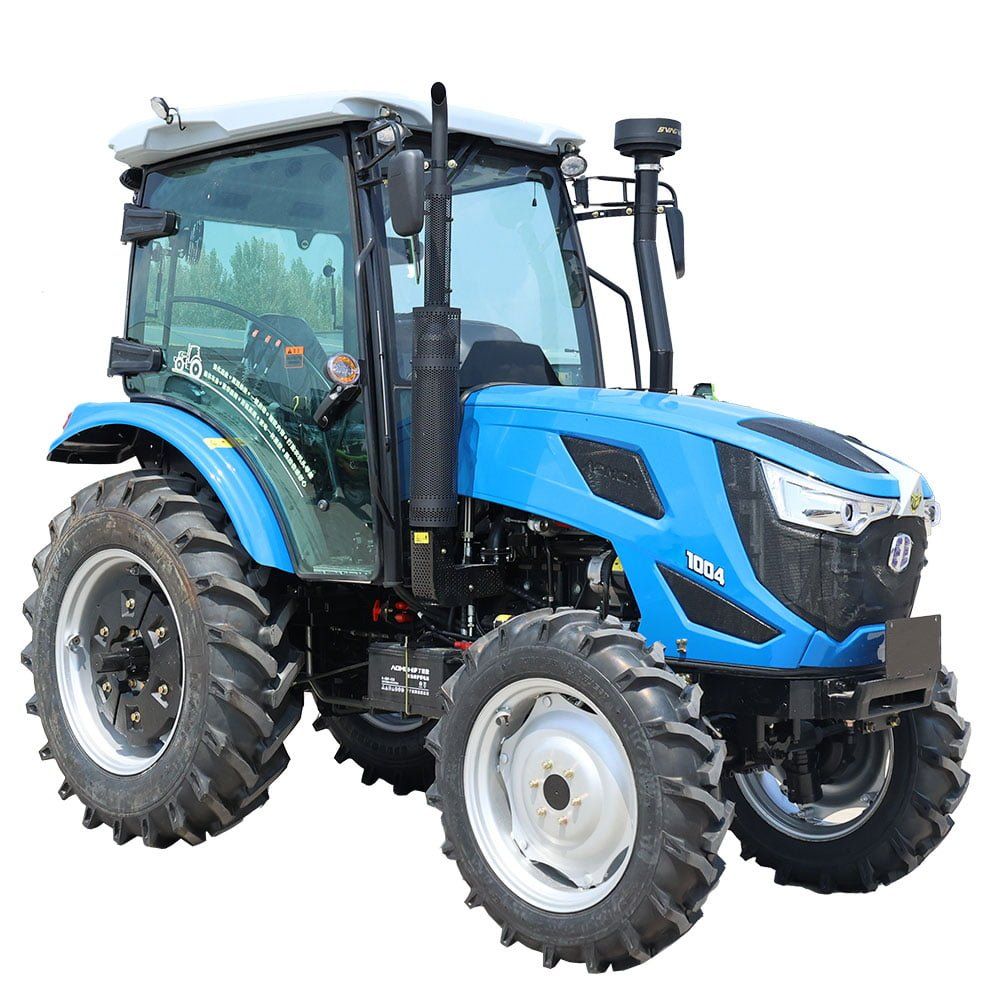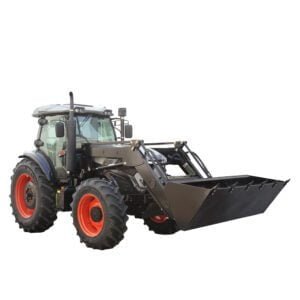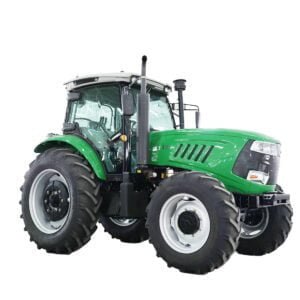Email: [email protected] Whatsapp: 8618266768780
Benefits of Importing Tractors from Overseas
Welcome to My Blog!
Before we dive into the content, I’d love for you to join me on my social media platforms where I share more insights, engage with the community, and post updates. Here’s how you can connect with me:
Facebook: https://www.facebook.com/profile.php?id=100072217509763
LinkedIn: https://www.linkedin.com/company/74949059/admin/dashboard/
YouTube:www.youtube.com/@tractormanufacturer-lc5qz,www.youtube.com/@excavatormanufacturers-sn9hk
TikTok: www.tiktok.com/@tractormanufacturer, www.tiktok.com/@excavatormanufacturers
Now, let’s get started on our journey together. I hope you find the content here insightful, engaging, and valuable.
Introduction

Why Import a Tractor?
Importing a tractor from overseas can offer several advantages for farmers, businesses, and individuals seeking specialized or cost-effective equipment. Whether you’re a large-scale agricultural operation or a small hobby farm, the global market for tractors provides a vast array of options to suit various needs.
In this comprehensive guide, we will delve into the key benefits of importing tractors, explore the factors to consider when making a purchase, and provide answers to frequently asked questions. By the end of this article, you’ll have a better understanding of how importing a tractor can enhance your operations and save you money.
Key Benefits of Importing Tractors
Wider Range of Options
- Specialized Equipment: Overseas markets often offer specialized tractors designed for specific tasks or terrains that may not be readily available domestically.
- Unique Features: Imported tractors may have unique features or configurations that can improve efficiency and productivity.
- Customization: Many manufacturers allow for customization, enabling you to tailor the tractor to your exact requirements.
Cost Savings
- Lower Manufacturing Costs: In some countries, manufacturing costs for tractors are lower, which can translate into significant savings for the buyer.
- Bulk Purchasing: Importing multiple tractors or purchasing in bulk can result in substantial discounts.
- Avoidance of Local Taxes: Depending on your location and the country of origin, you may be able to take advantage of lower taxes or import duties.
Higher Quality
- Stricter Quality Standards: Some countries have stricter quality control standards for tractor manufacturing, ensuring that imported equipment is durable and reliable.
- Advanced Technology: Overseas manufacturers may be at the forefront of tractor technology, offering models with the latest innovations.
Customization:
- Tailored Specifications: Many manufacturers allow for customization, enabling you to tailor the tractor to your exact requirements, such as engine size, hydraulic capacity, and tire options.
- Unique Features: You can specify unique features that may not be available on standard models, such as specialized attachments or cabin configurations.
Factors to Consider When Importing a Tractor
Importing a tractor involves a complex interplay of various factors. To ensure a smooth and successful importation process, it is crucial to consider the following:
Regulatory Compliance
- Import Restrictions: Different countries have specific regulations regarding the importation of agricultural machinery. These may include restrictions on age, brand, or technical specifications.
- Safety Standards: Ensure the tractor meets the safety standards of your country. This may involve certifications and testing.
- Environmental Regulations: Some countries have strict environmental regulations regarding emissions and noise levels.
- Quotas and Tariffs: Understand the import quotas and tariffs applicable to tractors.
Logistics and Shipping
- Shipping Methods: Choose the most suitable shipping method based on the size and weight of the tractor, as well as the urgency of delivery. Options include ocean freight, air freight, and land transport.
- Insurance: Obtain adequate insurance coverage to protect against losses or damages during transit.
- Port of Entry: Select a port of entry that is well-equipped to handle agricultural machinery.
- Customs Clearance: Understand the customs clearance procedures and documentation requirements.
Financial Considerations
- Cost Breakdown: Calculate the total cost, including purchase price, shipping fees, customs duties, taxes, and any additional fees.
- Payment Terms: Determine the most suitable payment terms with the supplier.
- Currency Exchange Rates: Monitor currency exchange rates to manage financial risks.
- Financing Options: Explore financing options if needed.
Tractor Specifications
- Compatibility: Ensure the tractor is compatible with local infrastructure, fuel types, and climate conditions.
- Maintenance: Consider the availability of spare parts and service in your region.
- Customization: If customization is required, work closely with the supplier to ensure that the tractor meets your specific needs.
Supplier Selection
- Reputation: Research the supplier’s reputation and track record.
- Experience: Choose a supplier with experience in exporting agricultural machinery.
- Communication: Ensure effective communication with the supplier to avoid misunderstandings.
- After-sales Service: Inquire about the supplier’s after-sales service and warranty.
Legal and Contractual Matters
- Purchase Agreement: Have a detailed purchase agreement in place that outlines all terms and conditions.
- Intellectual Property: Ensure that the supplier has the necessary intellectual property rights.
- Dispute Resolution: Consider including a dispute resolution clause in the contract.
Additional Tips
- Consult with an Import Specialist: Seek advice from an import specialist or customs broker to ensure compliance with all regulations.
- Visit the Supplier: If possible, visit the supplier’s facility to inspect the tractors before purchase.
- Join Industry Associations: Connect with industry associations to network with other importers and stay updated on industry trends.
Comparison Table: Domestic vs. Imported Tractors
| Feature | Domestic Tractors | Imported Tractors |
|---|---|---|
| Availability | Readily available | Wider range of options |
| Cost | Generally higher | Potentially lower |
| Customization | Limited options | More customization options |
| Quality | Varies | Can be higher due to stricter standards |
| Support | Extensive dealer network | May require more effort to find support |
Conclusion

Importing a tractor from overseas can be a rewarding experience, offering access to a wider range of options, potential cost savings, and higher quality equipment. However, it’s essential to carefully consider the factors involved, such as shipping costs, import duties, and compliance with regulations. By conducting thorough research and working with a reputable supplier, you can make an informed decision and find the perfect tractor for your needs.
FAQs
How long does it take to import a tractor?
- The time required to import a tractor can vary significantly depending on various factors, including the country of origin, destination port, customs clearance procedures, and any necessary inspections. Generally, the entire process can take anywhere from a few weeks to several months.
What documents are required for importing a tractor?
- The specific documents required may vary depending on your location and the country of origin. However, common documents include:
- Commercial invoice
- Bill of lading
- Packing list
- Certificate of origin
- Import license (if required)
- Safety certification (if required)
- Phytosanitary certificate (if applicable)
Can I import a used tractor?
- Yes, you can typically import a used tractor. However, there may be additional requirements and restrictions compared to importing a new tractor. For instance, you may need to provide documentation proving the age and condition of the tractor.
What are the potential risks of importing a tractor?
- Some potential risks associated with importing a tractor include:
- Delays in shipping or customs clearance
- Damage during transportation
- Non-compliance with import regulations
- Difficulty in obtaining after-sales support
- Currency fluctuations
How can I find a reliable supplier?
- To find a reliable supplier, consider the following:
- Online marketplaces: Websites like Alibaba and Global Sources offer a wide range of tractor suppliers.
- Trade shows and exhibitions: Attend industry events to meet suppliers in person.
- Industry associations: Contact industry associations for recommendations.
- References: Ask for references from other importers.
- Due diligence: Thoroughly research the supplier’s reputation and financial stability.
About Us
Shandong Qilu Industrial Co., Ltd. is a professional manufacturer and exporter integrating the development and production of excavators, loaders and tractors. We provide the best service, absolutely.
Recent Posts
Video demo
-1.png)
Contact Us Today!
Any question, quote or inquiry? Click the button to send message.
Qilu Industrial will always here to help.









